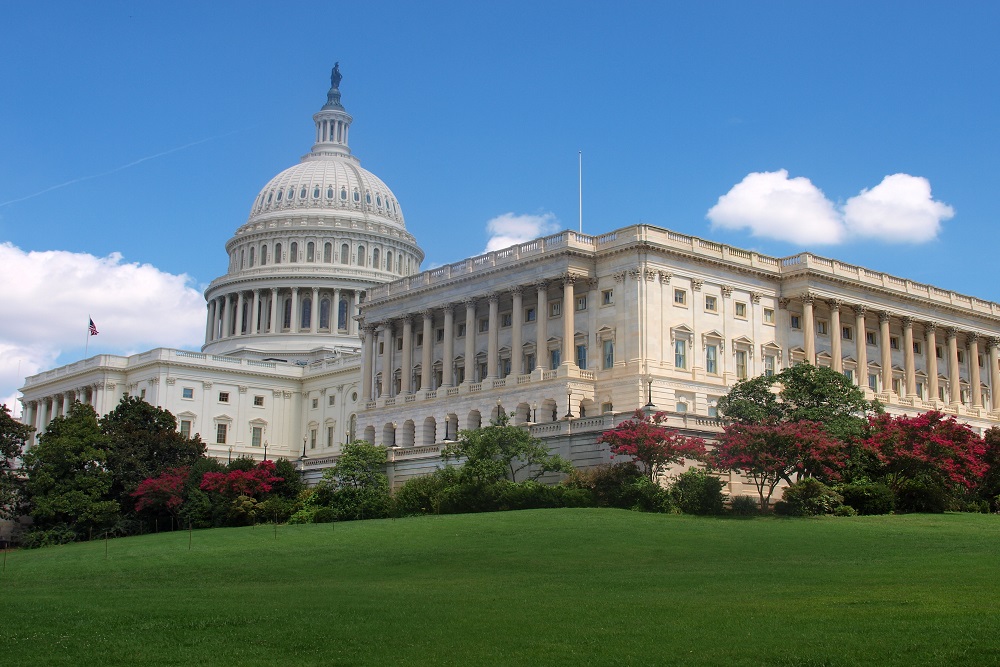A key group of lawmakers in the U.S. House of Representatives sent an official letter to leadership in early February 2022 asking that the Marijuana Opportunity, Reinvestment and Expungement (MORE) Act be sent to the floor for a full House vote. The law, which has already cleared the House numerous times, has been reintroduced for the 2022 session. It has already passed the House Judiciary Committee.
The letter, written by committee members, reminds House leadership that the MORE Act is necessary to right some of the wrongs created by the current federal law against marijuana. Some of the committee members are also dismayed that 2021’s iteration of the bill did not clear the Senate despite New York Senator Chuck Schumer’s promise to bring it up for a vote.
-
Two Key Provisions
Among other things, the MORE Act offers two key provisions that would completely change the cannabis environment across the country. The first provision completely decriminalizes marijuana at the federal level. States would still have freedom to regulate it in the same way they regulate alcohol. But from Washington’s perspective, marijuana would become completely legal.
The second key provision is a tax provision. It would tax all cannabis sales at 5% for the first two years. After that, tax rates would increase at 1% per year. They would eventually be capped at 8%. Furthermore, the tax would be based on sales price for the first five years. After that, it would transition to a weight-based tax.
-
Clearing Financial Institutions
Should the MORE Act still face enough opposition to jeopardize it during 2022’s session, committee members are prepared to take a more incremental approach. They are prepared to address the question this year with new legislation that would clear banks, credit card companies, and other financial service providers to do business with cannabis-based companies.
That would be huge, according to the people behind the Deseret Wellness cannabis pharmacy in Provo, Utah. Right now, nearly all state-legal cannabis sales are subject to cash and carry terms. Cultivators, processors, and pharmacies all have difficulty lining up banking services due to federal law. And when they can find such services, they are prohibitively expensive.
Addressing the banking issue would alleviate the industry’s biggest headache. It would allow cannabis-based businesses to operate more normally, more securely, and more efficiently.
-
Resistance May Still Be a Problem
As for resistance to the MORE Act, it may still be a problem this year. Unfortunately, the bill goes much further than cannabis decriminalization, taxation, and financial institution relief. The bill also calls for addressing past marijuana-related crimes that have already been prosecuted and resulted in convictions.
The bill seeks to spend a ton of money, as well. The money would go to support cannabis businesses and what sponsors call the Community Reinvestment Grant Program. In essence, the bill is as much about spending as it is decriminalizing marijuana.
Get rid of the spending aspects of the MORE Act and it probably clears the Senate without issue. Leave the spending in and the bill is likely to face stiff opposition from lawmakers unwilling to continue spending while the government racks up ever more debt.
Will have to see how it goes. For now, a small number of House members are pushing hard to get the MORE Act through. They are prepared to introduce other legislation that takes a more incremental approach should their efforts with the MORE Act fail. All eyes will be on them as the country faces what could be one of the most important statutory changes in our lifetime.




